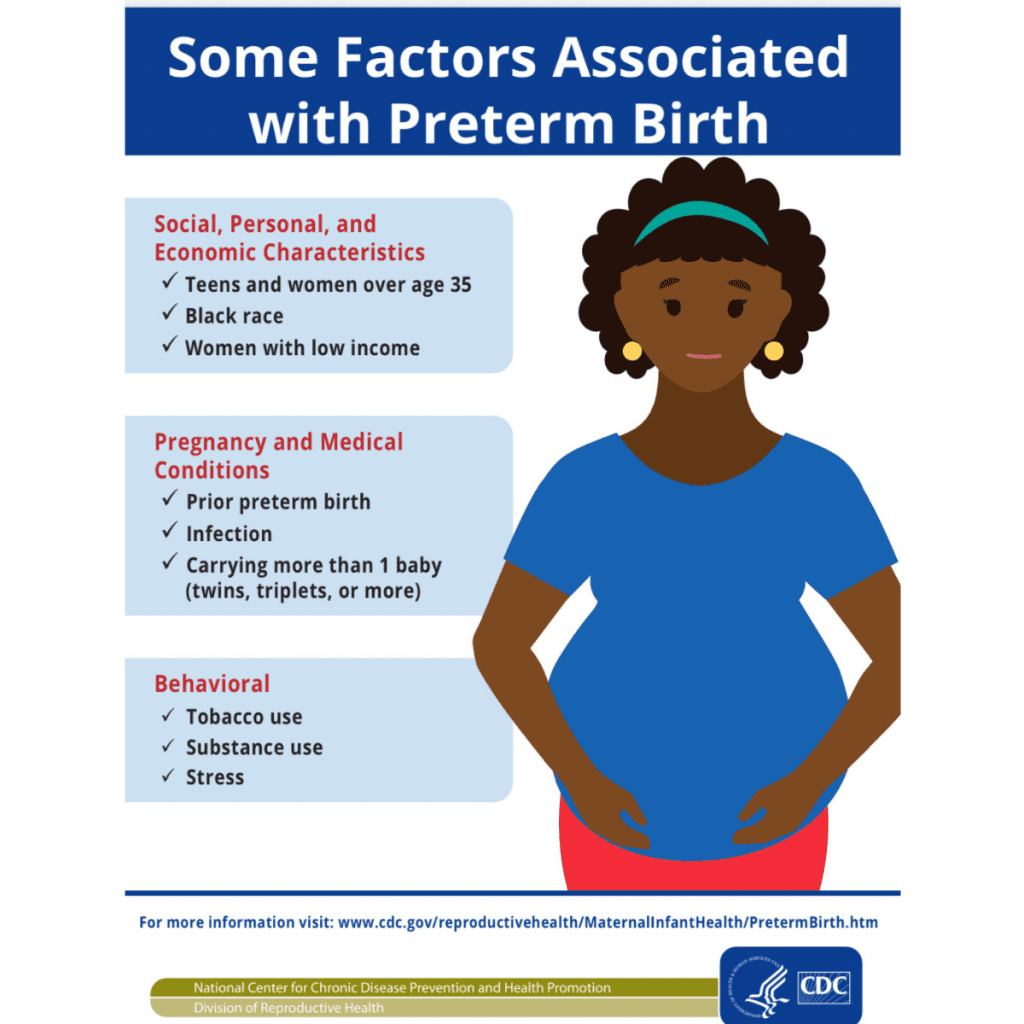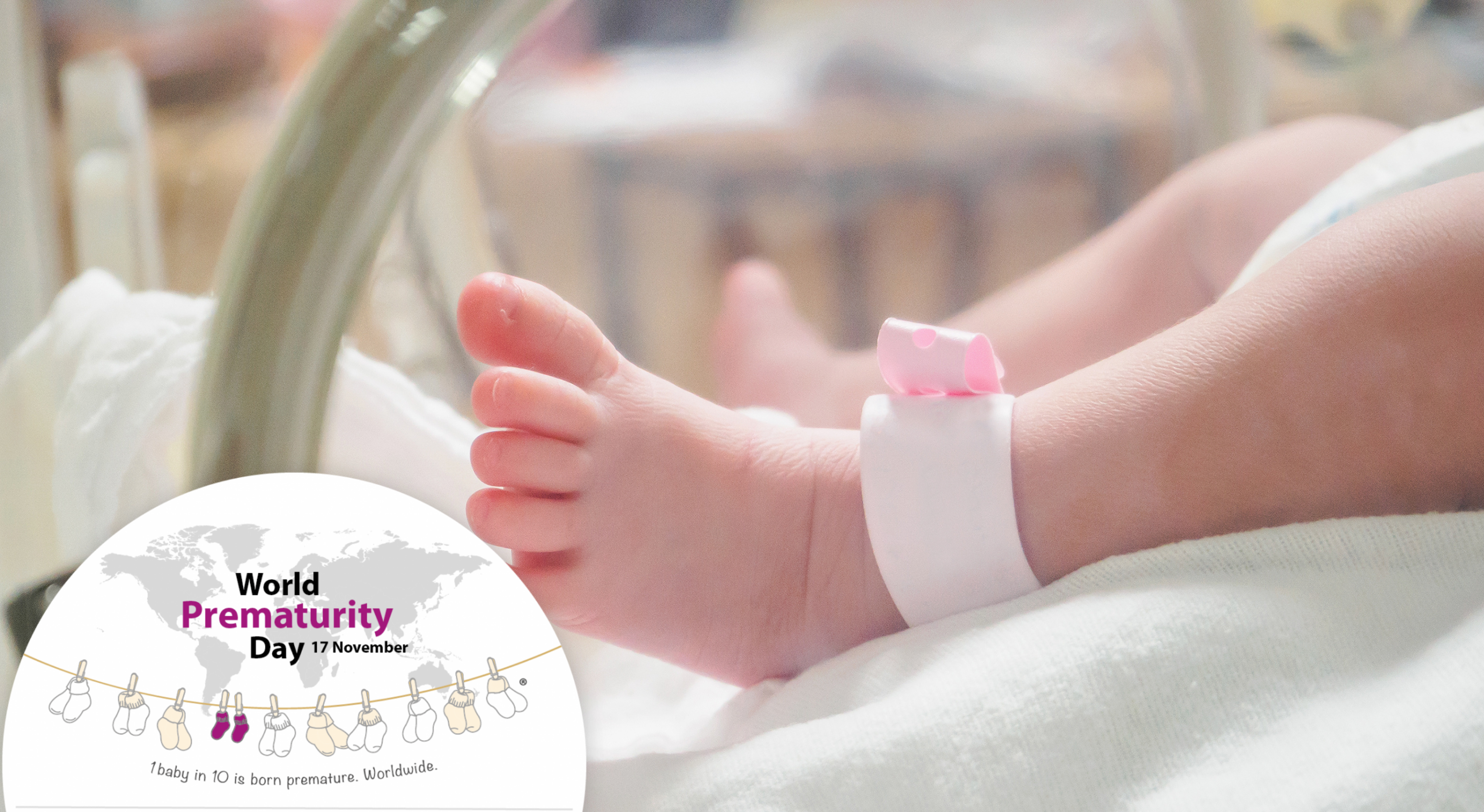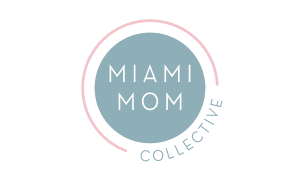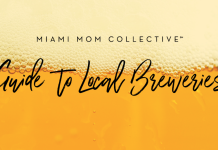November 17th is World Prematurity Day. Prematurity a topic that is dear to me both professionally and personally. So, I felt like it was my duty to step up and write a piece in order to bring awareness to our community of readers.
A baby is considered premature if born before 37 weeks.
According to the CDC, 1 in 10 babies are born prematurely and African American women are at higher risk of delivering prematurely. It is important to know that prematurity is not always linked to congenital disorders. Factors associated with premature labor vary from medical to social, economic, and even behavioral. For some women, however, even if they do everything right during pregnancy, they still could be at risk for delivering prematurely. The chart below is from the CDC and provides you with a better look at the risk factors in women.

Understanding the Premature Baby
Babies who are born early skip valuable growth designed to be done in utero. This includes development that is important to the neurological systems like the brain and organs like the lungs. The more premature the baby, the higher the risk for post-partum complications. This translates into health problems and a prolonged need for hospitalization in the neonatal intensive care unit (NICU). In some cases, families are faced with long-term health problems that affect areas of development, cognition, breathing, nutrition, hearing, vision, and mobility.
Family’s Voices
I’ve had the honor to work closely with numerous preemie families. So in preparation for this post, I thought it would only be fitting to reach out to a few and let their voices be heard. One common subject that came up during our discussions was the importance of trust in the medical and rehabilitation team. One mother shared “…the days in the NICU with Annie were long and, I easily lost track of time of day or day of the week. But the team of nurses and therapists gave me a sense of peace and hope among all the medical chaos surrounding my daughter.”
Annie was born a micro-preemie, weighing less than 2 pounds when she entered the world at only 26 weeks.
Annie was the youngest of 3 and her parents took shifts at the hospital while trying to maintain life as consistent as possible for their 2 older sons at home. Every time I walked into Annie’s room, mom would greet me with a smile filled with expectancy. However, I could see the stress speaking through her body language and the exhaustion flooding her eyes. But with every therapy visit, mom was hopeful and eager, as this would mean working towards getting her sweet baby girl home.
Another mother wrote to me: “…for me, the important thing was having a team of therapists, with lots of experience. It was the encouragement and the teachings you all gave me. Focusing on the things my daughter can do and not on her difficulties.” This was Amelia’s mom.
Amelia was born when she was only 27 weeks, weighing less than 2 pounds.
As a consequence of being born so early, Amelia had trouble breathing and could not eat by mouth. She relied on her feeding tube to get all her nutrition. She received intensive therapy once she was home to catch up on developmental skills. Her mom would commute several days a week between 3 different therapy centers just to make sure Amelia would get the services she needed, including feeding therapy. Mom never took no for an answer and knew that she would have to be her daughter’s best advocate. After about a year of intensive weekly therapies and demanding home programs, Amelia is now no longer using her feeding-tube and eating all her meals by mouth.
John was 33 weeks old when he came into the world due to medical complications with mom.
I was excited when his parents suggested face-timing for this piece. Not only did I get to see a healthy and energetic boy, but his parents seem different. Anxiety and uncertainty were no longer weighing them down. Joy and serenity looked good on them. They expressed that their biggest fear was being uncertain of John’s future. “The medical team, although competent and compassionate, appeared extremely cautious about giving us clear projections. When we asked when John would crawl or walk, they never gave us a direct answer.” I’m happy to report that John is now in second grade and an avid soccer player.
 Community
Community
One parent shared her disappointment in the lack of community awareness for families of premature babies. As a result, this family is now working on establishing a non-profit organization for those who need family counseling after the birth of a premature child. With that in mind, I’ve listed a few resources where you can find some information on prematurity as well as support for families.
- Black Mamas Matter Alliance (BMMA)
- March of Dimes
- Miracle Babies Foundation
- National Birth Equity Collaborative
- Graham’s Foundation
- Hand to Hold
- Project Sweet Peas
How can you help support and share awareness:
- You can donate (time or monetary) to various organizations like the ones mentioned previously.
- Visit facebook.com/worldprematurityday to share your World Prematurity Day experiences and plans within your networks.
- Download social media resources, and share social media links among your networks, using #WorldPrematurityDay20.
- Go purple by wearing purple, lighting your home or office purple, lighting a purple candle in your window, or coming up with your own ways to turn the world purple in support of prematurity awareness. Share on social media with #WorldPrematurityDay2020.
- Hang up a sock-line with 9 white baby socks and one smaller purple baby sock as a symbol to raise awareness for prematurity and share on social media with #WorldPrematurityDay2020.
As I read through my notes and the messages I received in preparation for this post, I could not stop thinking about preemie parents and their journey. Mothers who despite their best intentions and sacrifices, were not able to carry a child to full term. Partners who have to be sound and steady yet are quietly grieving internally. As a parent, you never realize how strong you can be until it’s your only option. As a medical professional, helping preemies is more than our jobs or careers. This is our passion. This is what fuels us to learn more and think outside the box.
I dedicate this post to all preemies who fought the toughest battle of their lives but unfortunately didn’t make it, especially my niece Milah.
Editor’s Note: Miami Mom Collective is pleased to partner with ICU Baby, a local non-profit organization that supports families with babies in the NICU in Miami-Dade. Click here to read more about this amazing organization and a local mother’s unexpected journey.
















